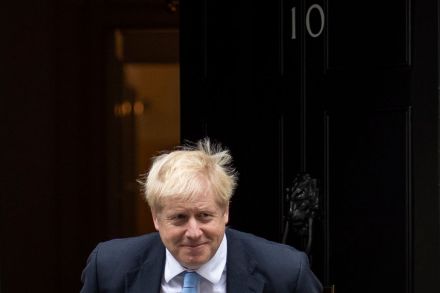The real reason Nicola Sturgeon is campaigning against Brexit
Nicola Sturgeon, who claimed this week that ‘Scotland is rich enough, strong enough and big enough’ to take its place ‘among the proud, independent nations of the world’, is a slippery fish. She claims the case for Scottish independence will be strengthened by the UK’s departure from the European Union and yet she campaigned for Remain during the referendum and has done what she can to obstruct Brexit since. For instance, the 35 SNP MPs voted against Theresa May’s withdrawal bill three times. If they’d voted for it on the third occasion, it would have passed. Does Sturgeon feel obliged to oppose Brexit because she’s convinced it will eventually happen















